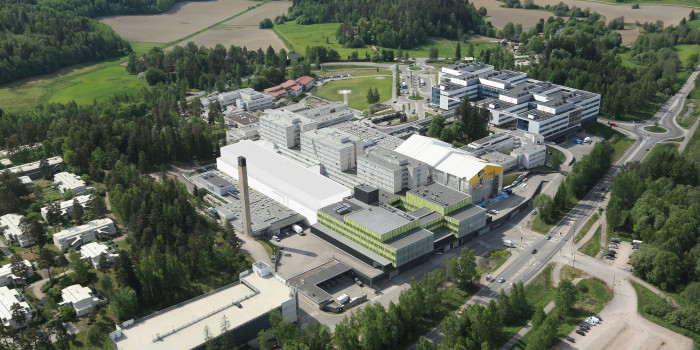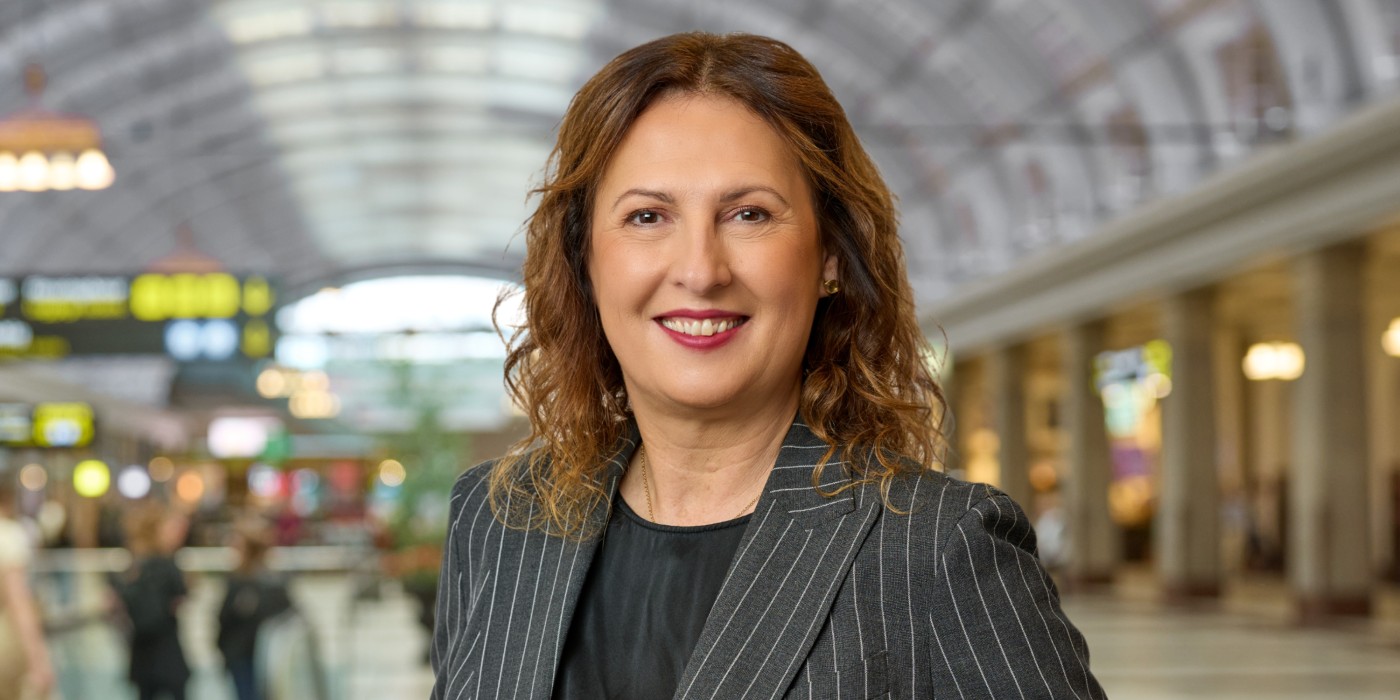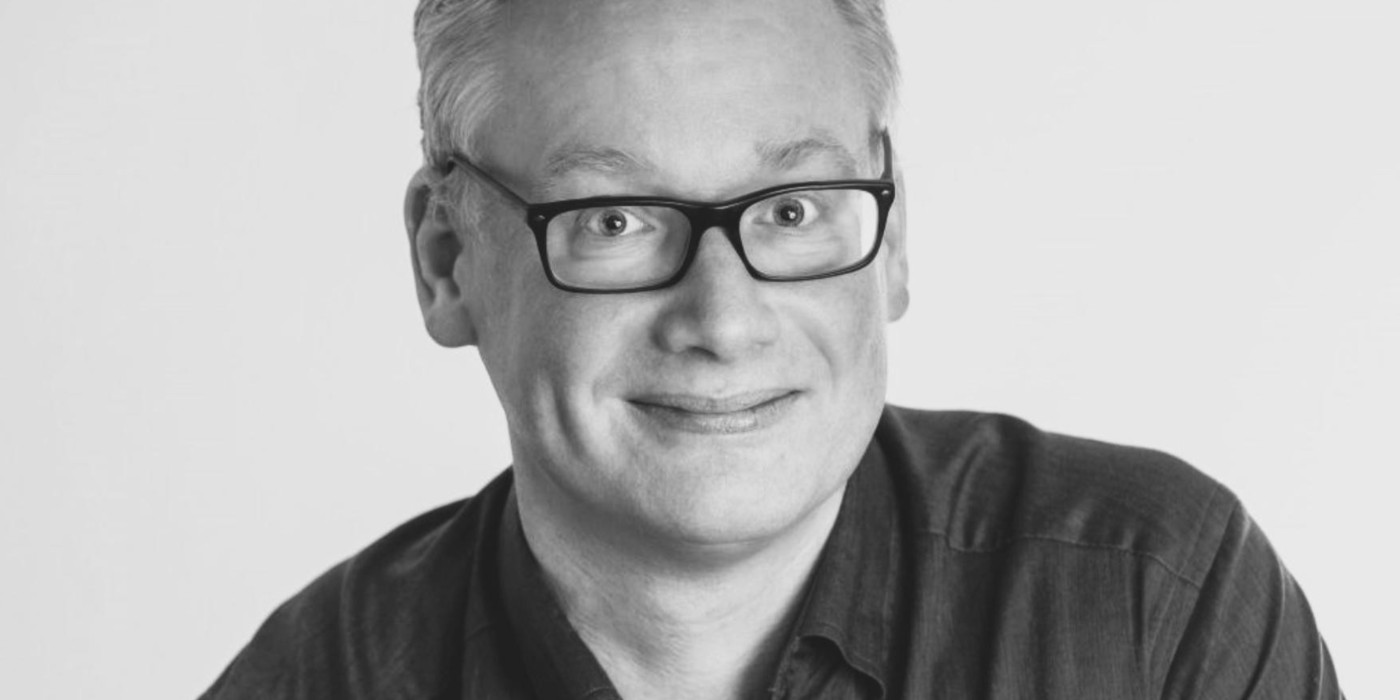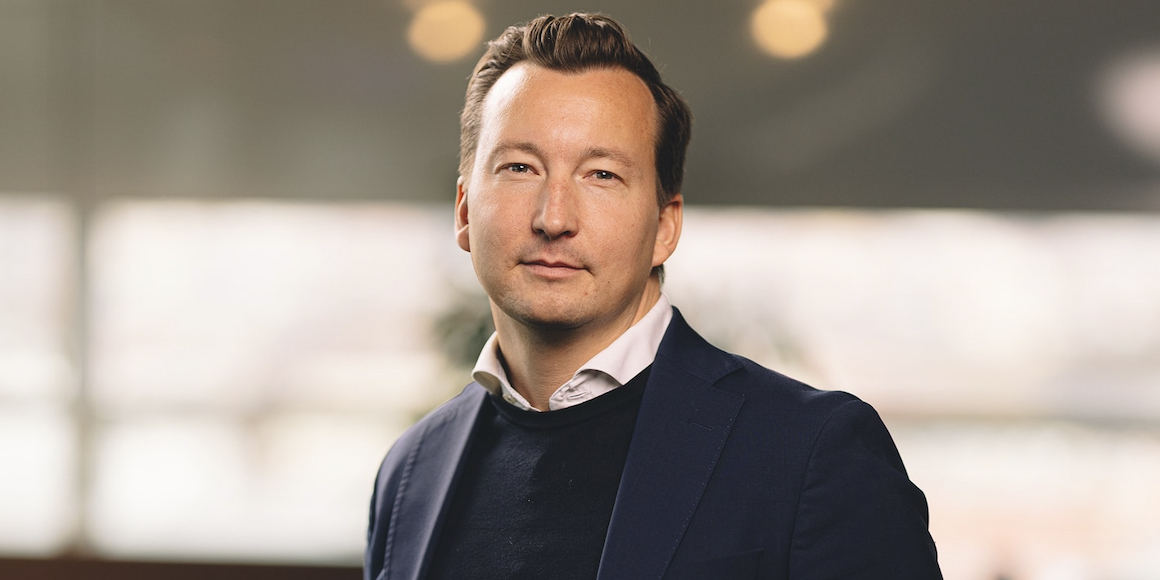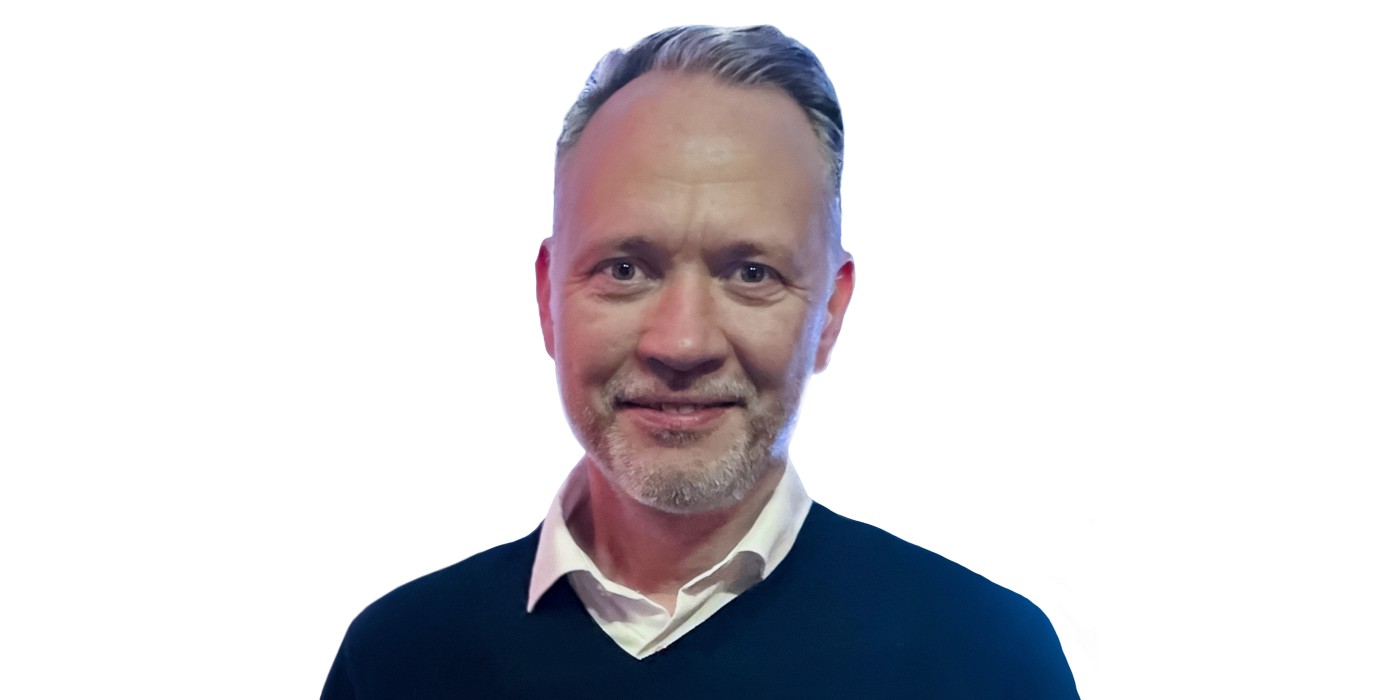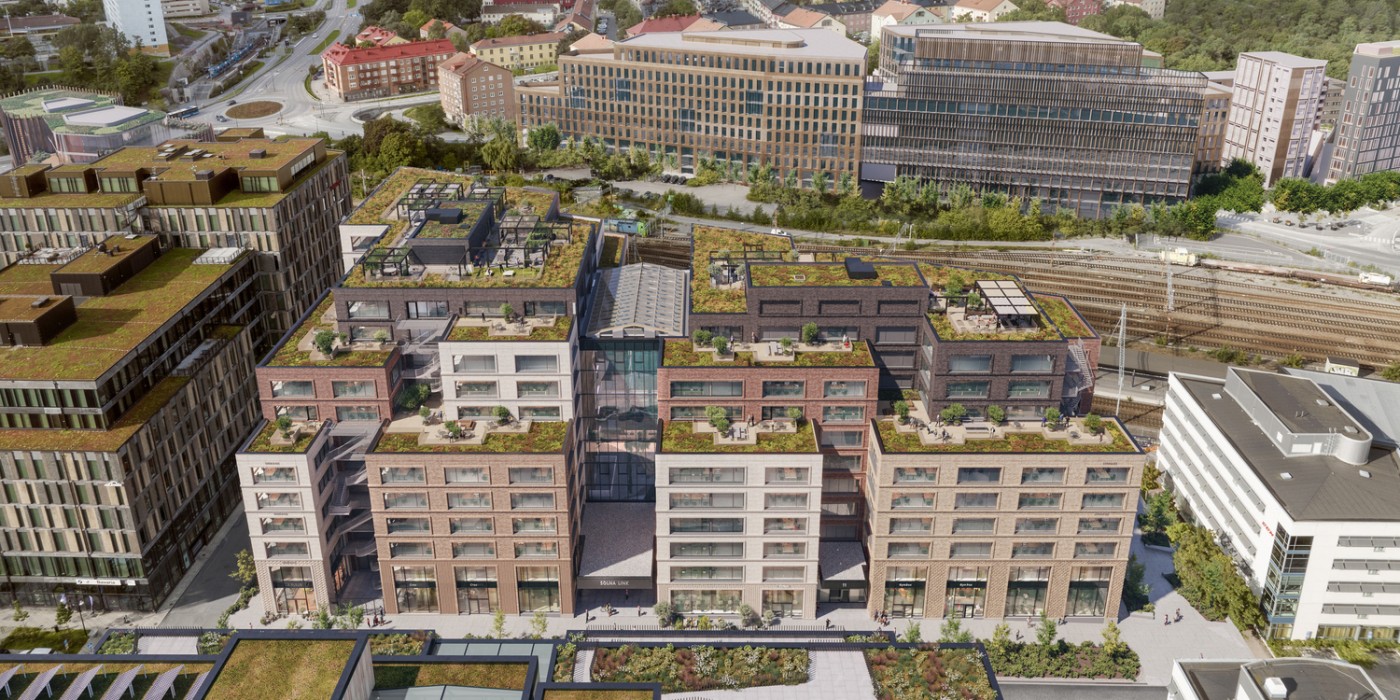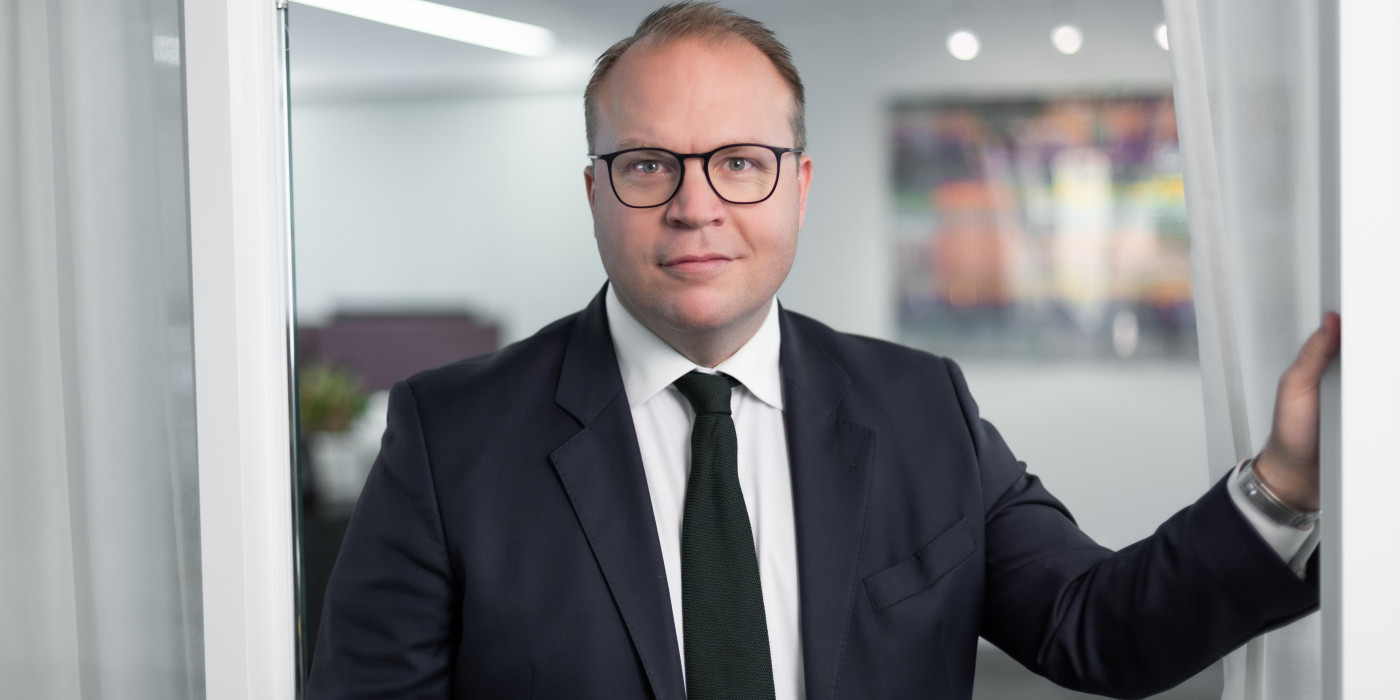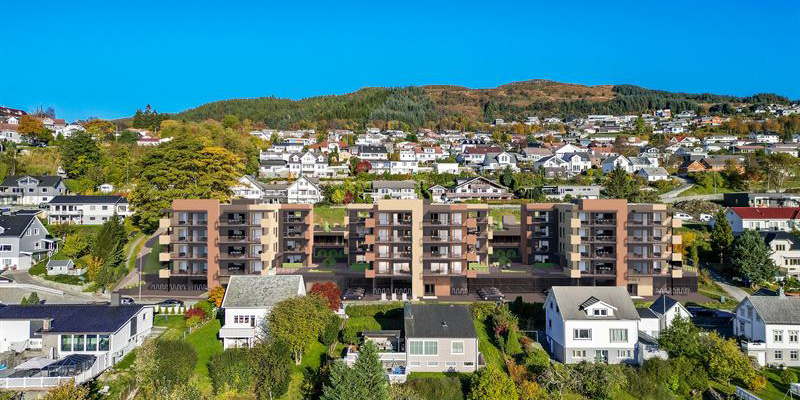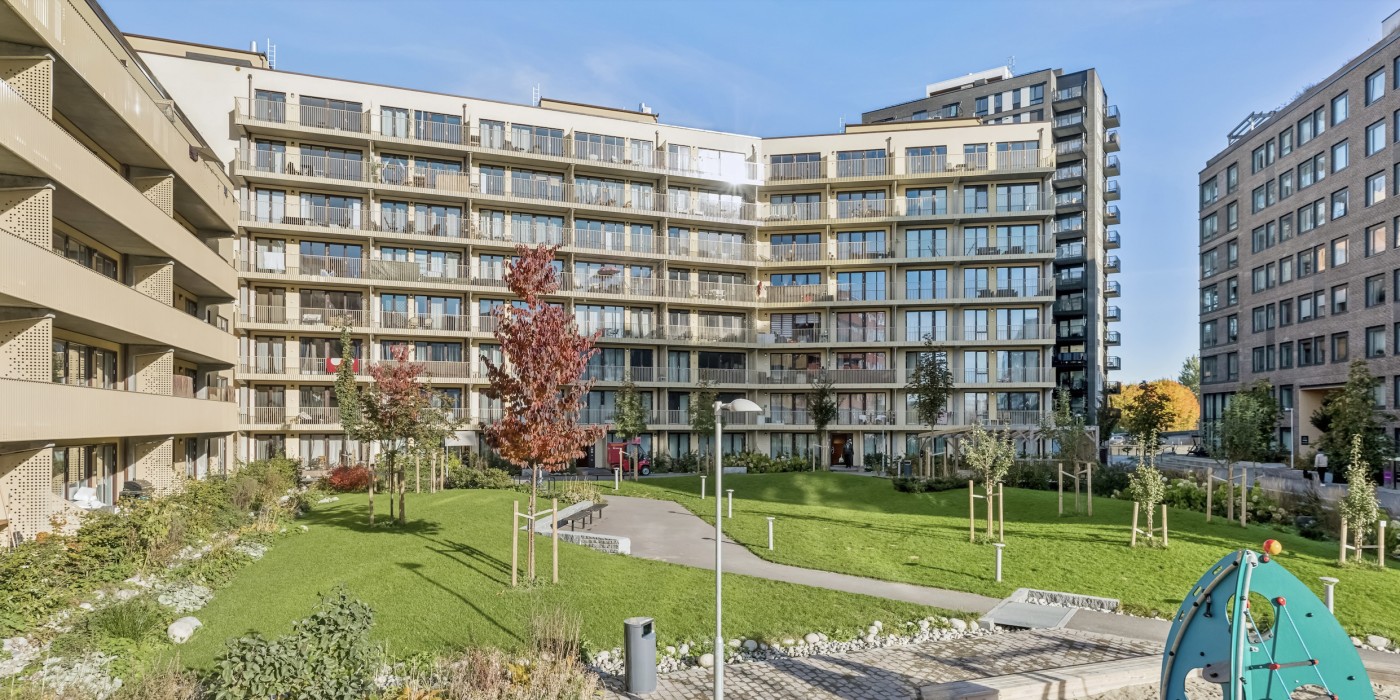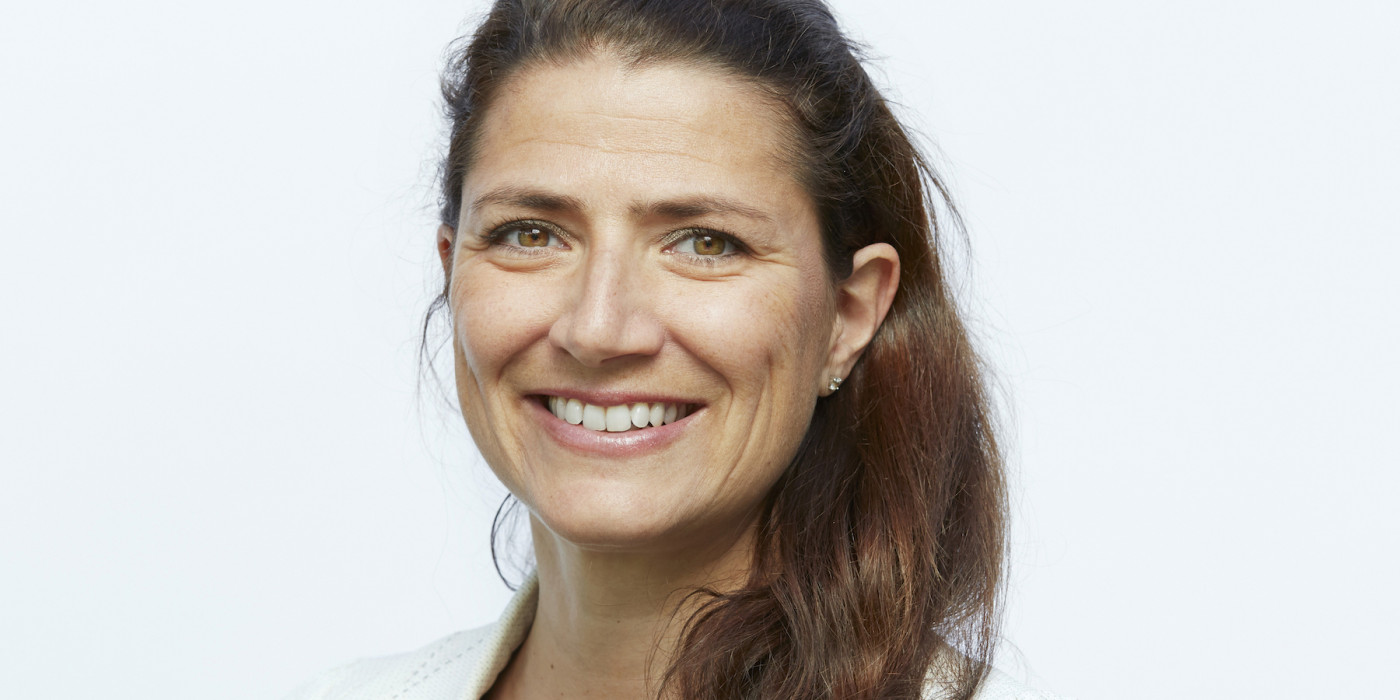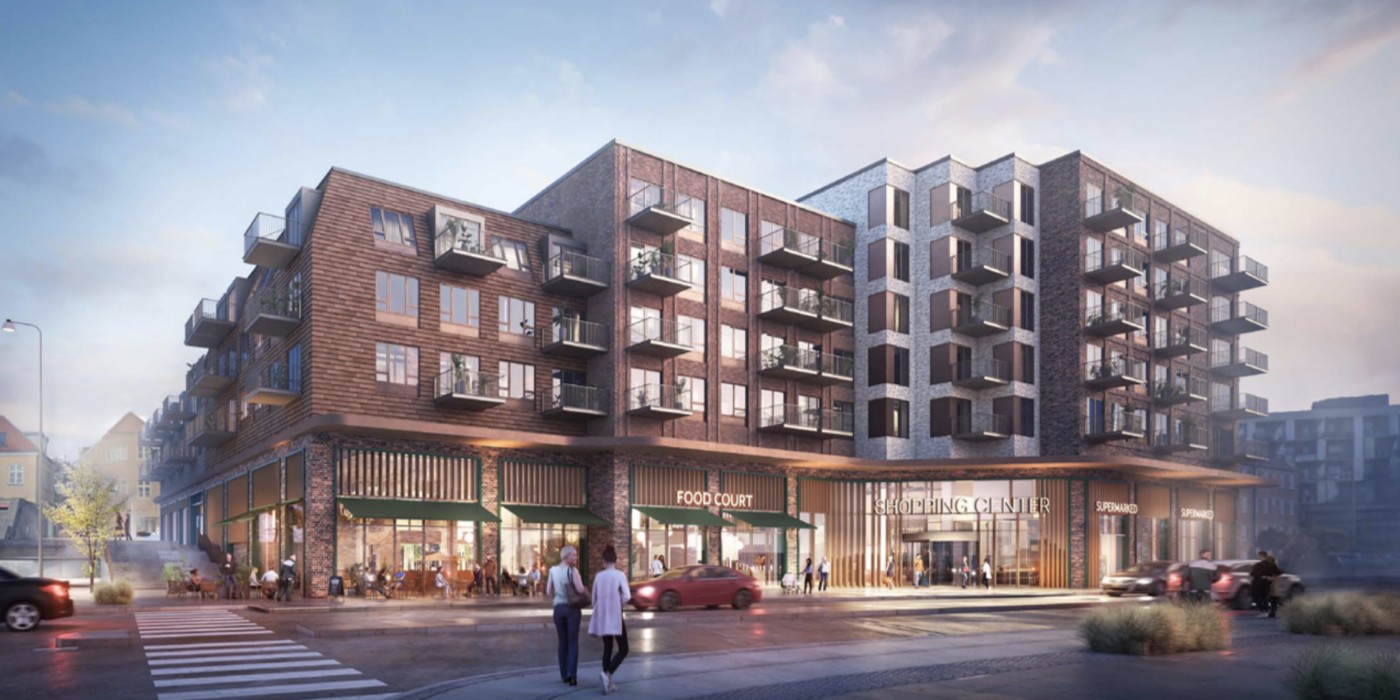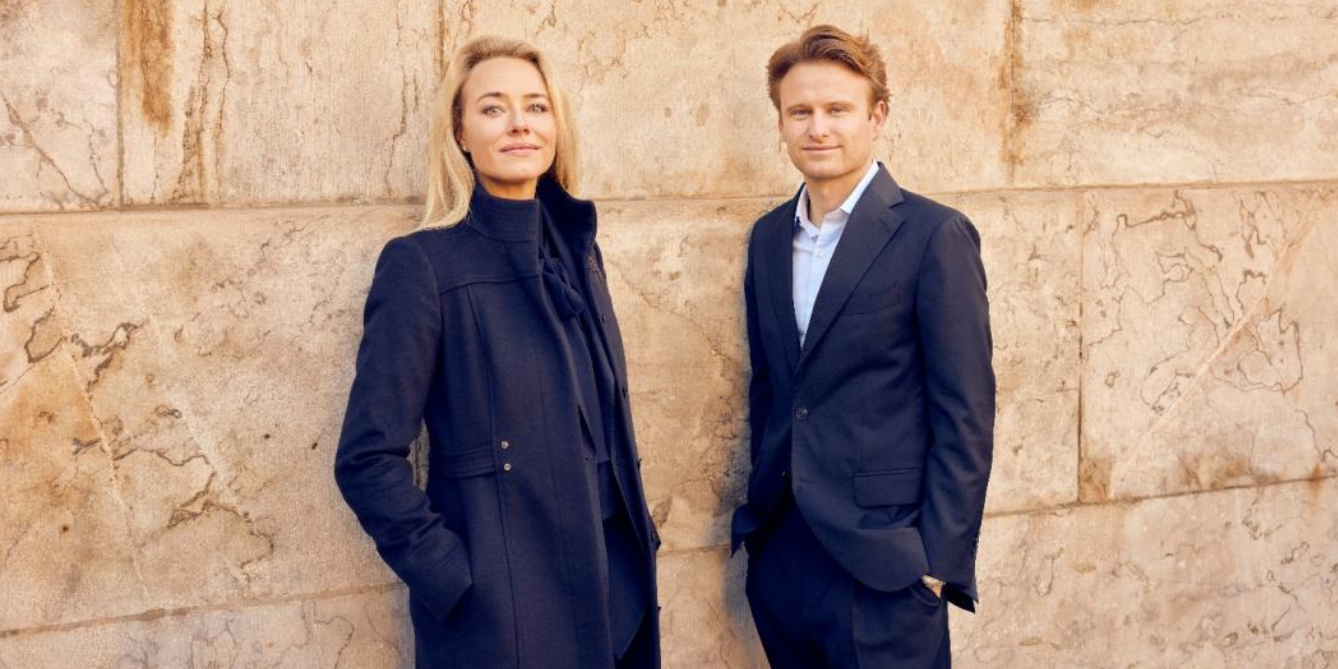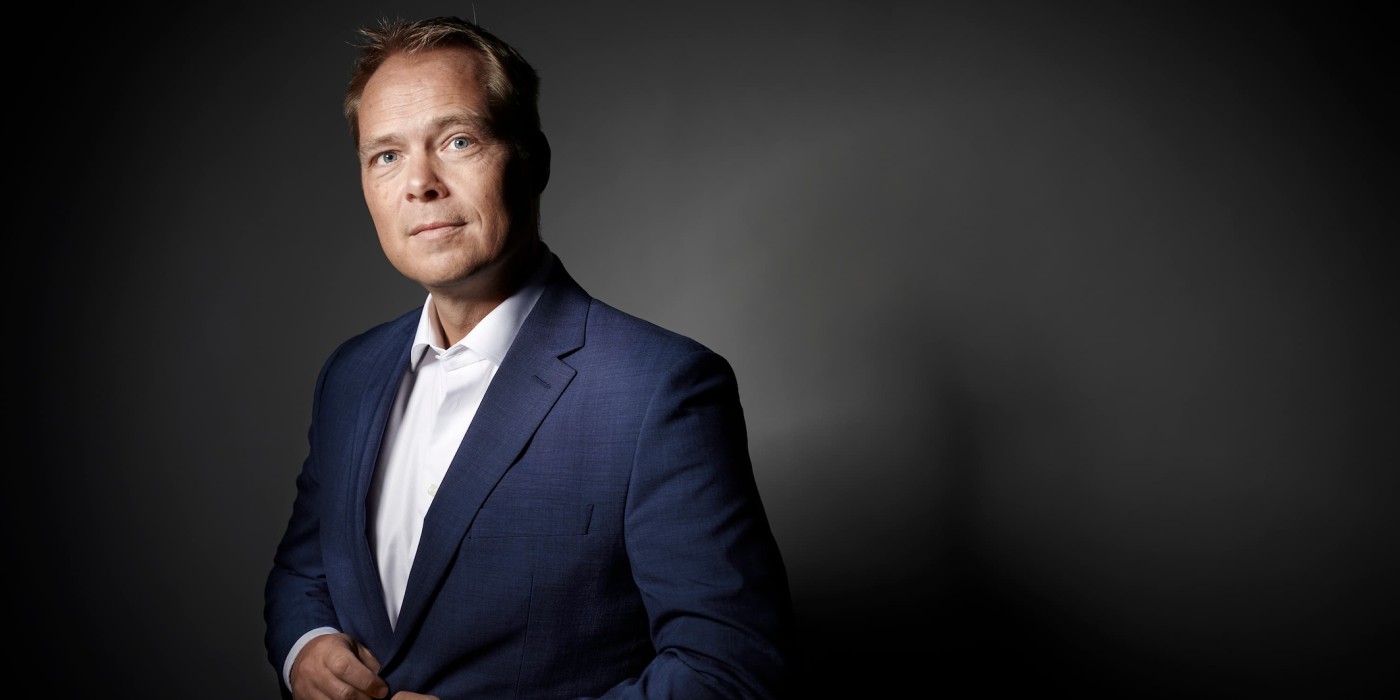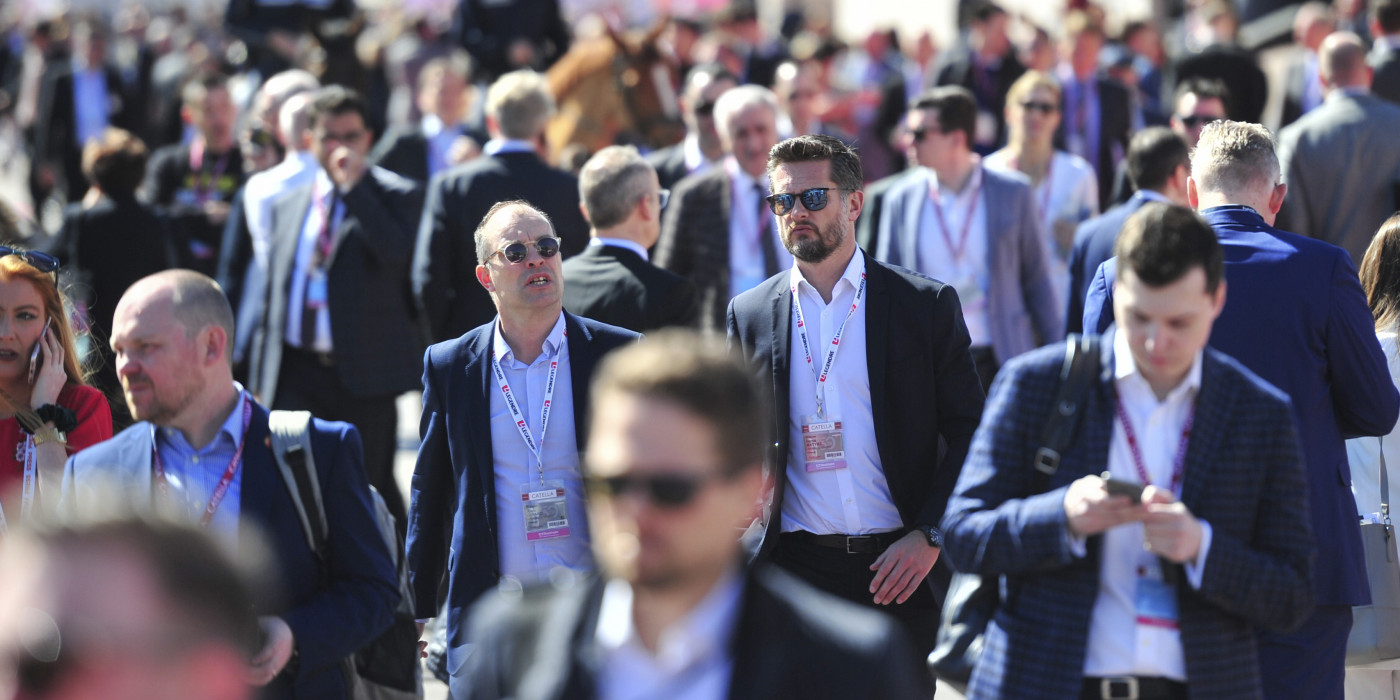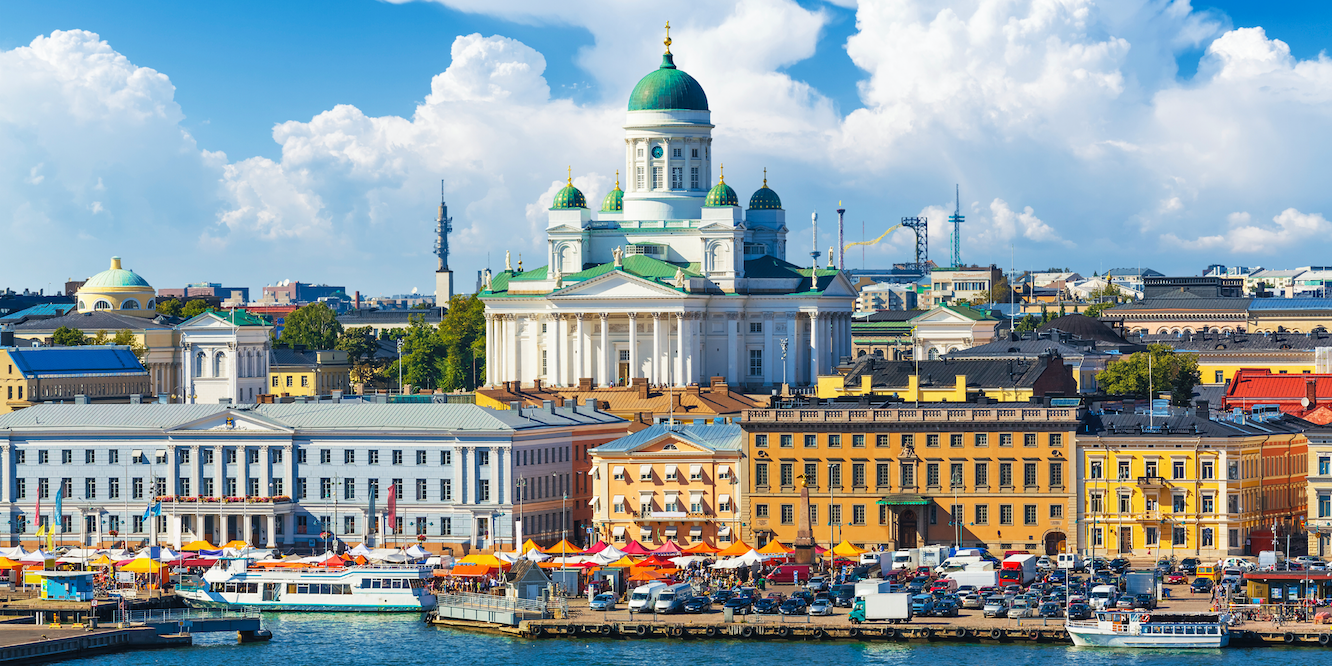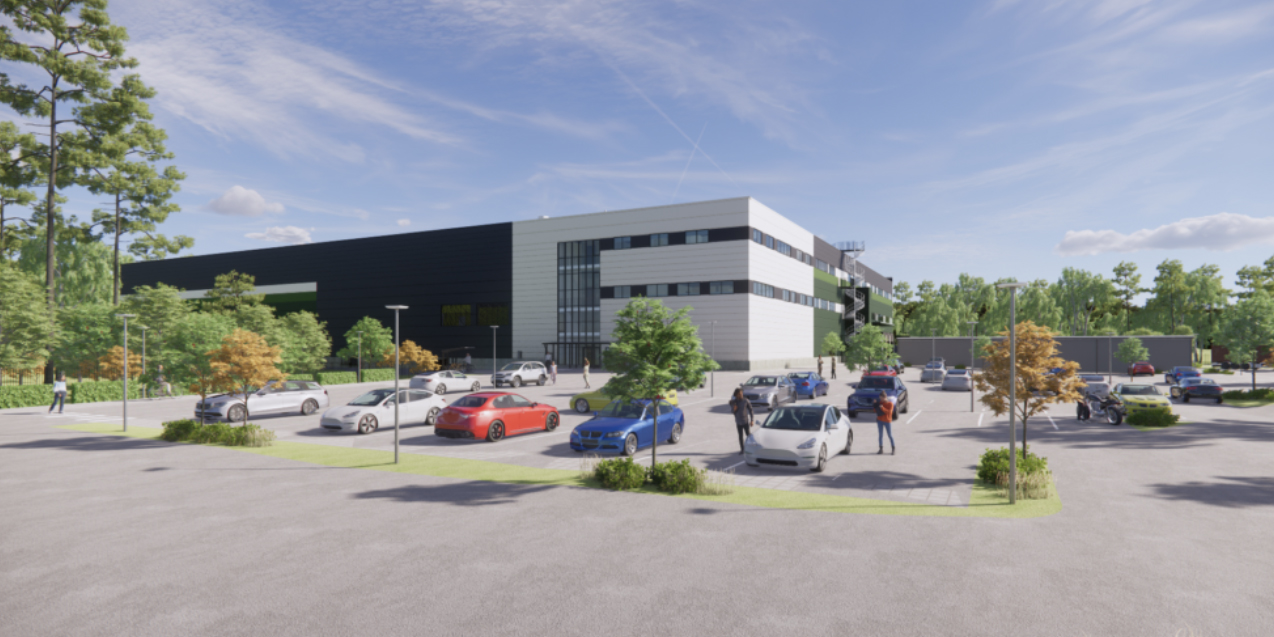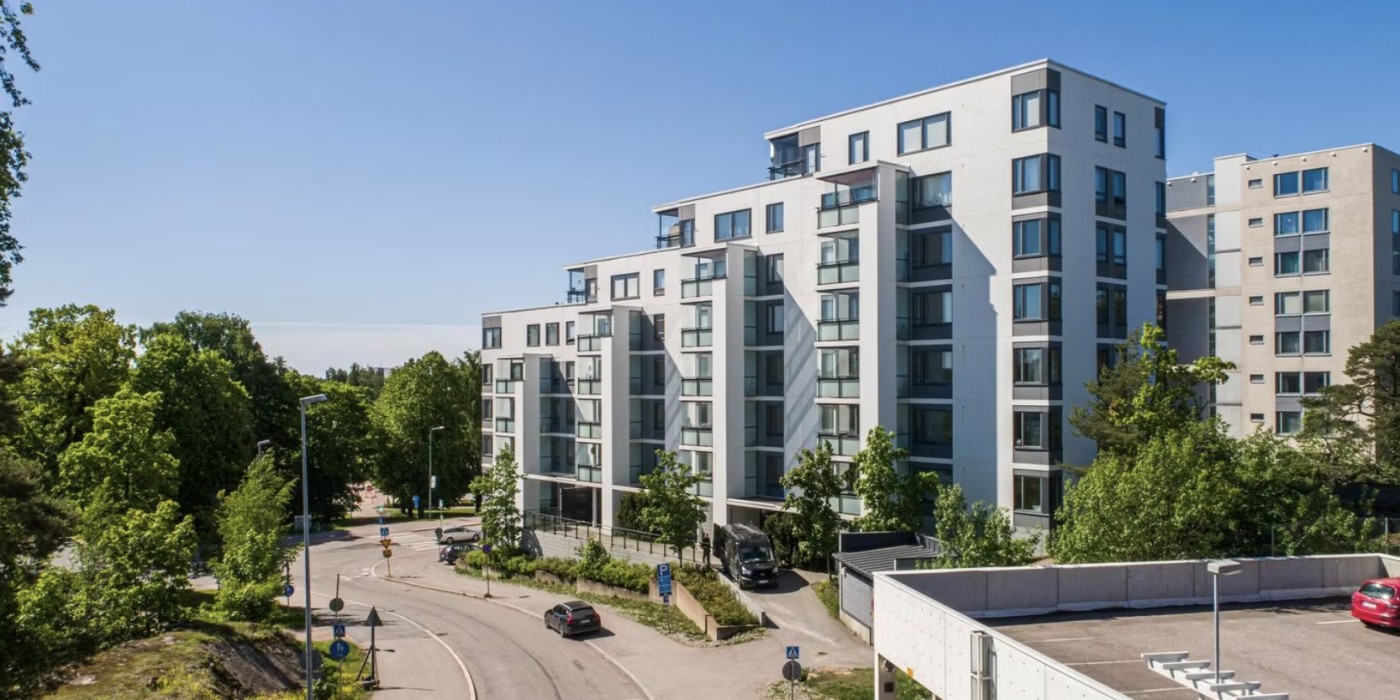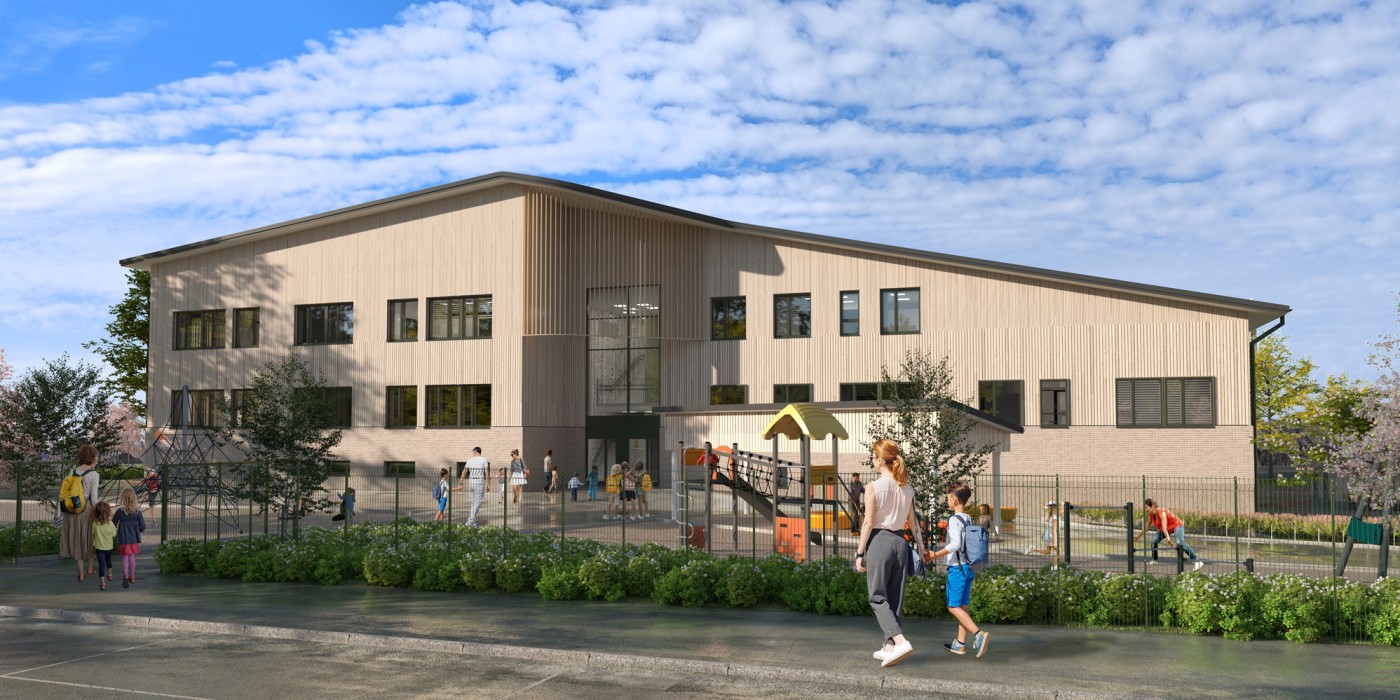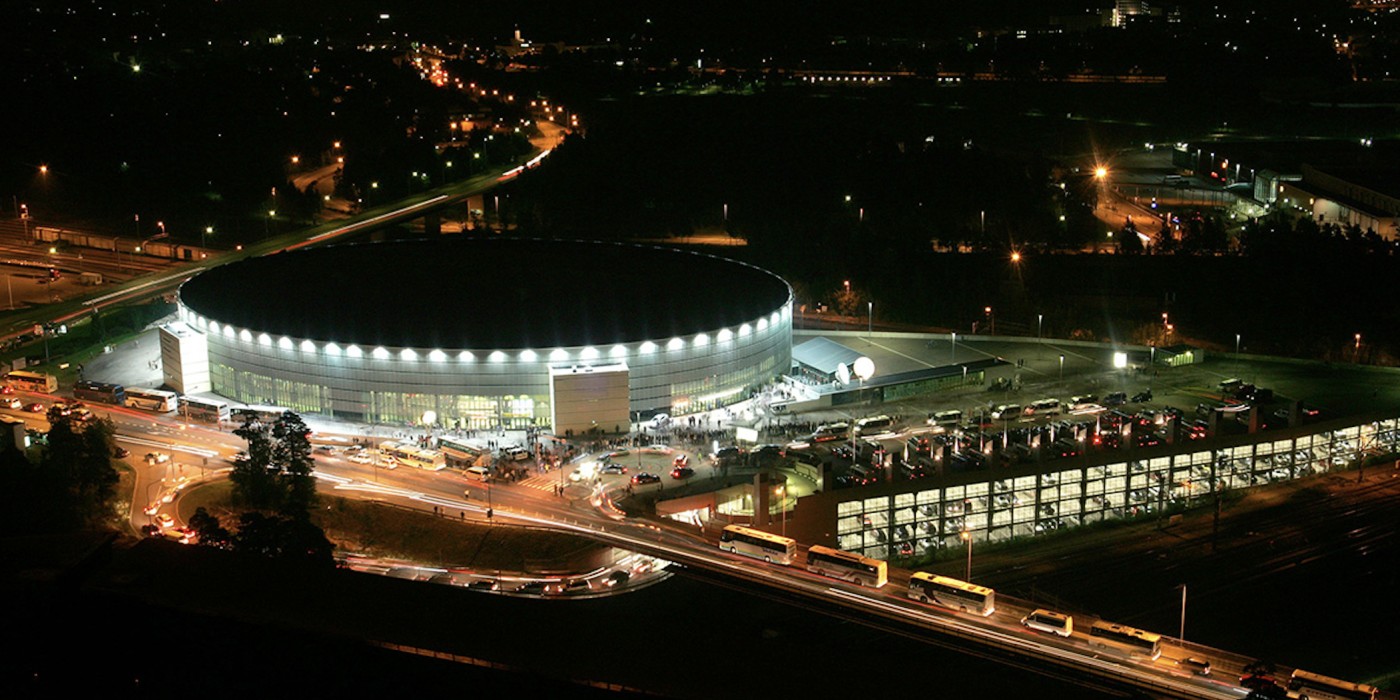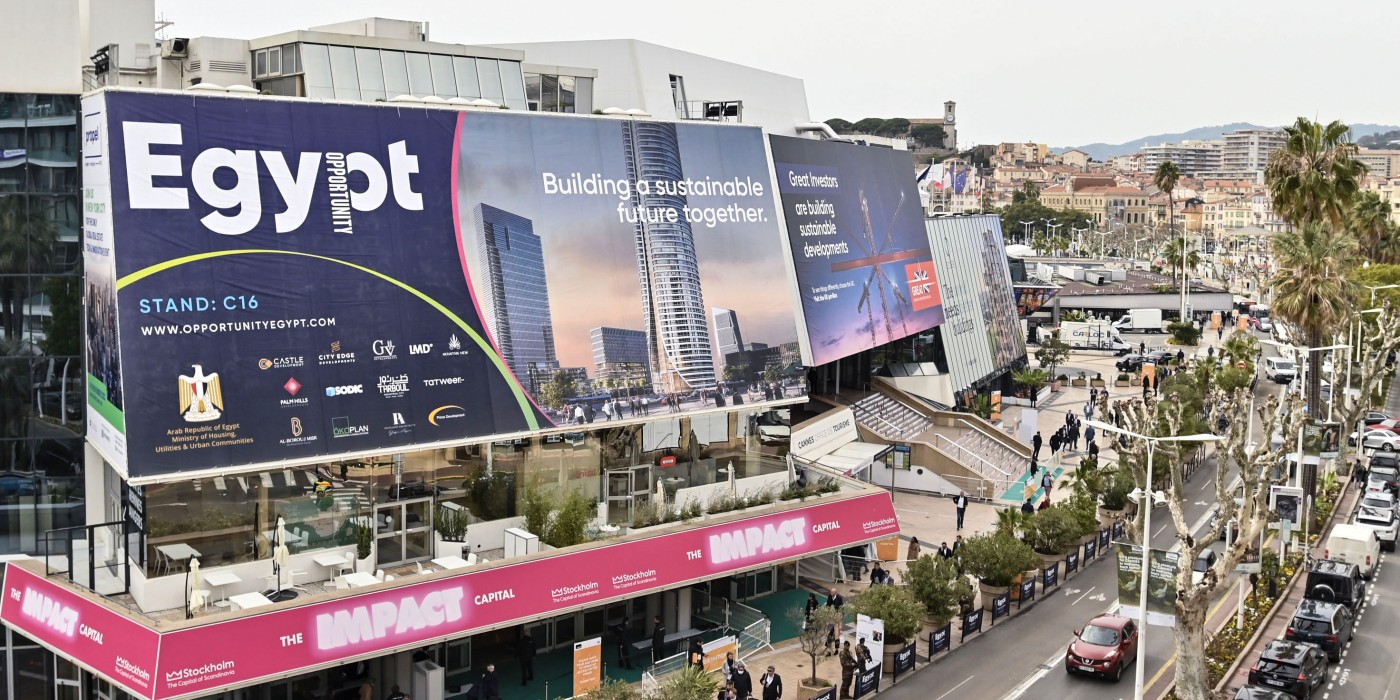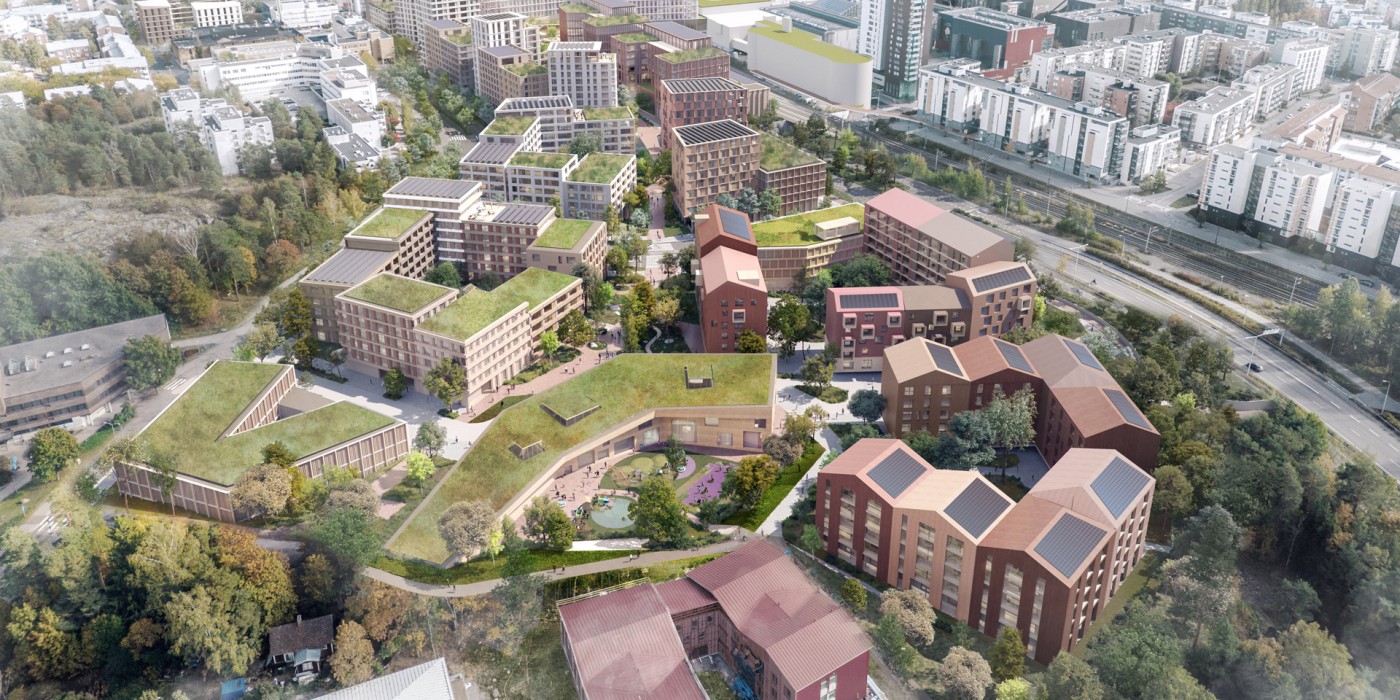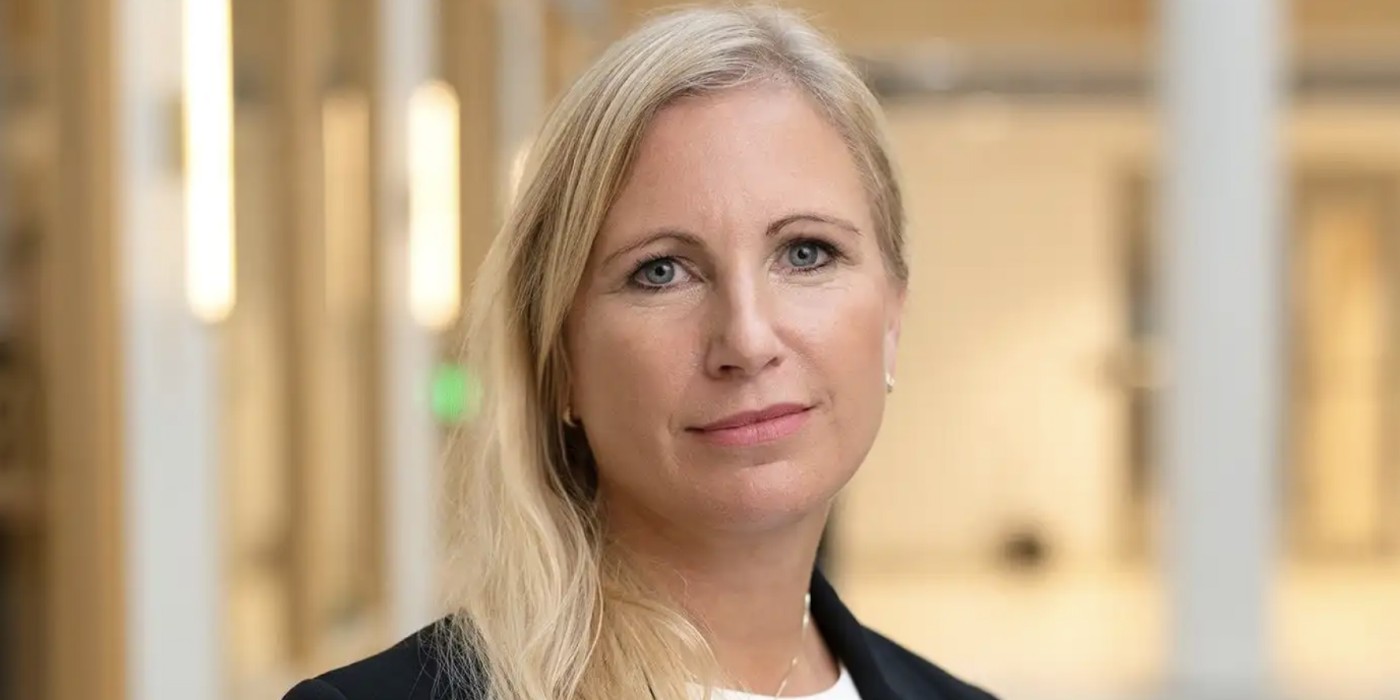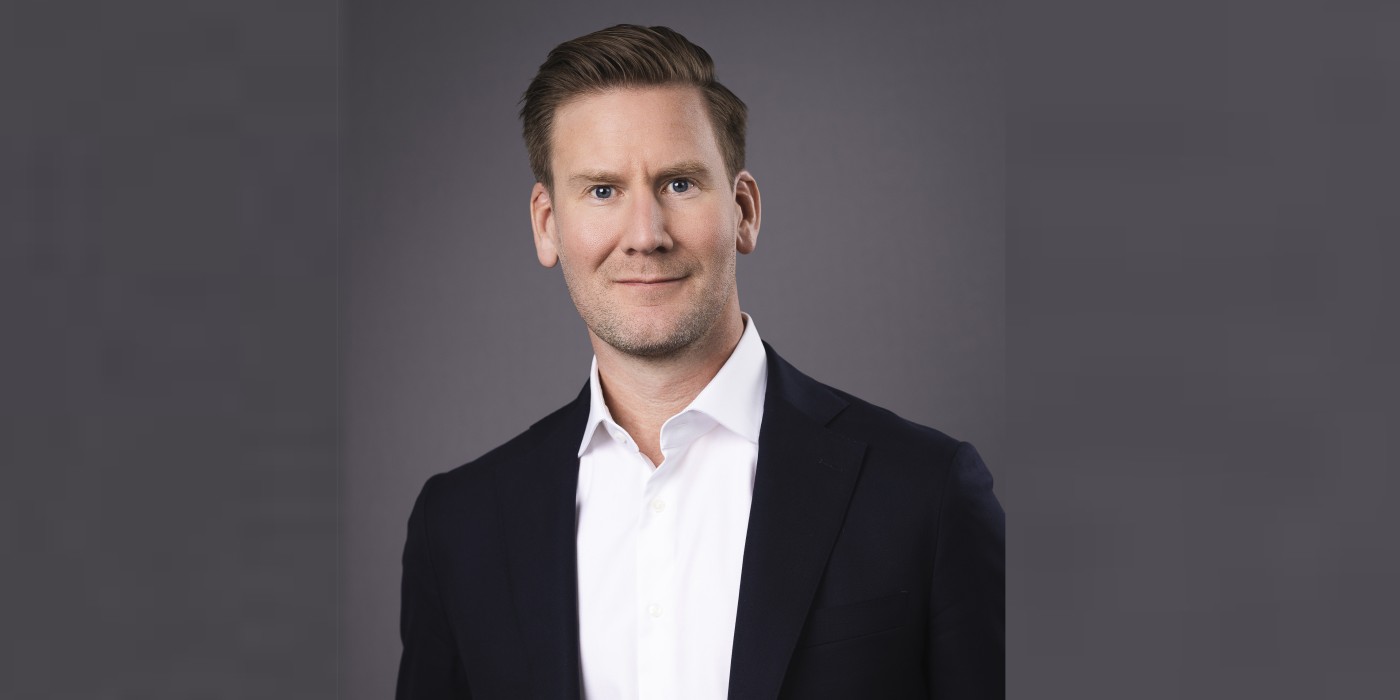January-June 2020 in brief:
The coronavirus pandemic slightly weakened revenue and earnings for January-June. The slowdown in housing sales and the restrictions imposed by the Russian authorities on shopping centre operations are particularly evident in the result for the review period.
Revenue grew by 10 per cent to EUR 473.1 million (430.0 1–6/2019). Revenue increased in both housing and business construction. Revenue growth in both housing and business construction was driven by an increase in contracting volume. Fewer developer-contracted housing units were recognised as income than in the comparison period, a total of 153 (203). Growth in business construction revenue mainly stemmed from increased volume in alliance contracts.
Operative operating profit amounted to EUR 5.5 (-2.6) million. The main factors that boosted operative operating profit were construction sites’ favourable earnings trends and EUR 2.1 million from the recognition of construction profit margin eliminations arising from the sales of holdings in REDI and Tampere Deck and Arena. Fewer apartments were completed and recognised as income than in the comparison period, which had a negative impact on operative operating profit. Another factor that weakened operative operating profit was that a Russian court of first instance ruled that SRV’s local subsidiary must pay EUR 3.1 million in compensation to a counterparty due to a contractual dispute. This sum has been recognised in full as a provision for expenses. The subsidiary has appealed the ruling. In addition, operative operating profit was weakened by over one million euros in non-recurring expenses from the recovery programme, additional expenses caused by the coronavirus pandemic, the slowdown in housing sales and the decline in rental income from shopping centres.
Operating profit was EUR 7.8 (0.1) million. Operating profit was influenced by the change in the exchange rate of the rouble, which had a net impact of EUR 2.3 (2.8) million. The exchange rate impact, which largely had no effect on cash flow, was caused by the valuation of the euro-denominated loans of associated companies in roubles, hedging expenses and changes in the market value of hedges.
The result before taxes was EUR -6.4 (-11.2) million. This included EUR -1.1 (-3.5) million in changes in the fair value of interest rate swap derivatives and EUR -4.2 (3.3) million in exchange rate differences arising from the conversion of subsidiary and associated company loans, which did not have an impact on cash flow.
Cash flow from business and investment activities totalled EUR 49.2 (-55.8) million. Cash flow was improved mainly by the realisation of holdings in both REDI and the Tampere Deck and Arena, the release of capital due to the sale of contract sites to investors, and the completion of two developer contracting projects.
Earnings per share were EUR -0.09 (-0.16). The comparison figure has been adjusted for share issues.
At period-end, the order backlog stood at EUR 1,332.4 (1,667.2) million. New agreements valued at EUR 411.9 (221.4) million were signed in January–June, a year-on-year increase of 86 per cent. The sold share of the order backlog was 85.7 (84.1) per cent.
On 7 February 2020, SRV divested its holding in REDI and parts of its holdings in the Tampere Deck and Arena project to its co-investors.
In February, as part of its recovery programme, the company agreed on the replacement of its EUR 100 million revolving credit facility with the banks that had granted it. The facility was replaced with two separate revolving credit facilities, one of EUR 60 million and one of EUR 40 million. The EUR 40 million revolving credit facility is used only to finance construction projects.
The Annual General Meeting held on 26 March 2020 authorised the Board of Directors to decide on both a directed share issue for hybrid holders and a rights issue. In May, the company organised a EUR 75 million directed share issue. In June, the company organised a EUR 50 million rights issue.
At the end of May, SRV extended with written procedures of repayment of its two senior unsecured callable fixed-rate notes and certain terms and conditions of these notes. At the end of June, the company terminated the undrawn portion, amounting to EUR 9 million, of its EUR 60 million credit facility. The remaining credit facility will be repaid in the amount of EUR 11 million in December 2021 and EUR 40 million in January 2022.
Thanks to the improved results and cash flow as well as measures taken in the recovery programme, the equity ratio was 25.3 (28.5) per cent and gearing was 148.5 (178.9) per cent. Excluding the impact of IFRS 16, equity ratio was 30.6 (35.1) per cent and gearing was 83.5 (114.0).
CEO Saku Sipolas review:
During the second quarter, we successfully completed our recovery programme. We carried out all the measures we promised within the planned timeframe. Both of the share issues included in our recovery programme were organised with good results in the second quarter. In the directed issue for hybrid holders, about EUR 75 million of the EUR 92 million principal of the hybrid bonds, including interest, was converted into shares. The rights issue in June generated EUR 50 million in new capital. I am very pleased with the trust shown in us and the disciplined implementation of our recovery programme.
Between the share issues, we also completed written procedures whereby we amended the payment schedules and certain terms of our bonds. These measures lengthen the repayment profile of our loan structure.
During the review period, the earnings trend in construction remained good, and our ongoing projects proceeded in line with plans. However, our operative operating profit is burdened by an approximately EUR 3 million provision for damages recognised by our Russian subsidiary, more than EUR 1 million in non-recurring expenses from the recovery programme, expenses related to preventing Covid-19, and particularly the sales losses caused by the slowdown in housing sales in April and the decline in visitor numbers at shopping centres.
As planned, we have quickly turned our project portfolio to include lower-risk and less equity-intensive projects. In January-June, we recognised over EUR 400 million in new projects in our order backlog – the most significant of these are the basic renovation of operating theatres at HUS Jorvi Hospital, the Siuntio education and wellness campus, and the Jousenkaari school. We continue to pursue projects with solid customers that pay for construction work in accordance with its progress, and therefore do not tie up any of SRV’s capital. In addition, supported by our stronger financial situation and the recovery of housing sales, we will seek to start up selected developer-contracted housing projects during the rest of the year.
The exceptional arrangements implemented to prepare for Covid-19 during the spring ushered in some additional costs, but we have avoided the most serious consequences and all our sites have remained in operation in spite of the unusual circumstances. The coronavirus pandemic slowed down housing sales in the period from late March to early May in particular, which had an impact on the pace of sales. To date, the overall impacts of the coronavirus pandemic have been moderate, but its effects on the construction market and the potential continuation or re-escalation of the pandemic blur the outlook for the future.
In Russia, the coronavirus pandemic led to the closure of majority of shops in our shopping centres in late March. A large share of the stores at our shopping centres in St Petersburg remain closed. The opening of shopping centres and consumer confidence in the safety of shopping and the development of their own finances have a major bearing on the operational earnings trends of the shopping centres and may also be reflected in the timing of future sales of properties.
Thanks to the successful implementation of the recovery programme, our balance sheet and financial position have strengthened, and our order backlog has remained strong while becoming less risky. These together with our customers’ trust create a solid foundation for developing SRV further. I thank our personnel for their strong commitment and excellent efforts on our turnaround.
We will continue to focus on our operative earnings performance and the development of our business operations – due to our stronger financial position, we are well poised to do so.

 All Nordics
All Nordics
 Sweden
Sweden
 Denmark
Denmark
 Finland
Finland
 Norway
Norway
